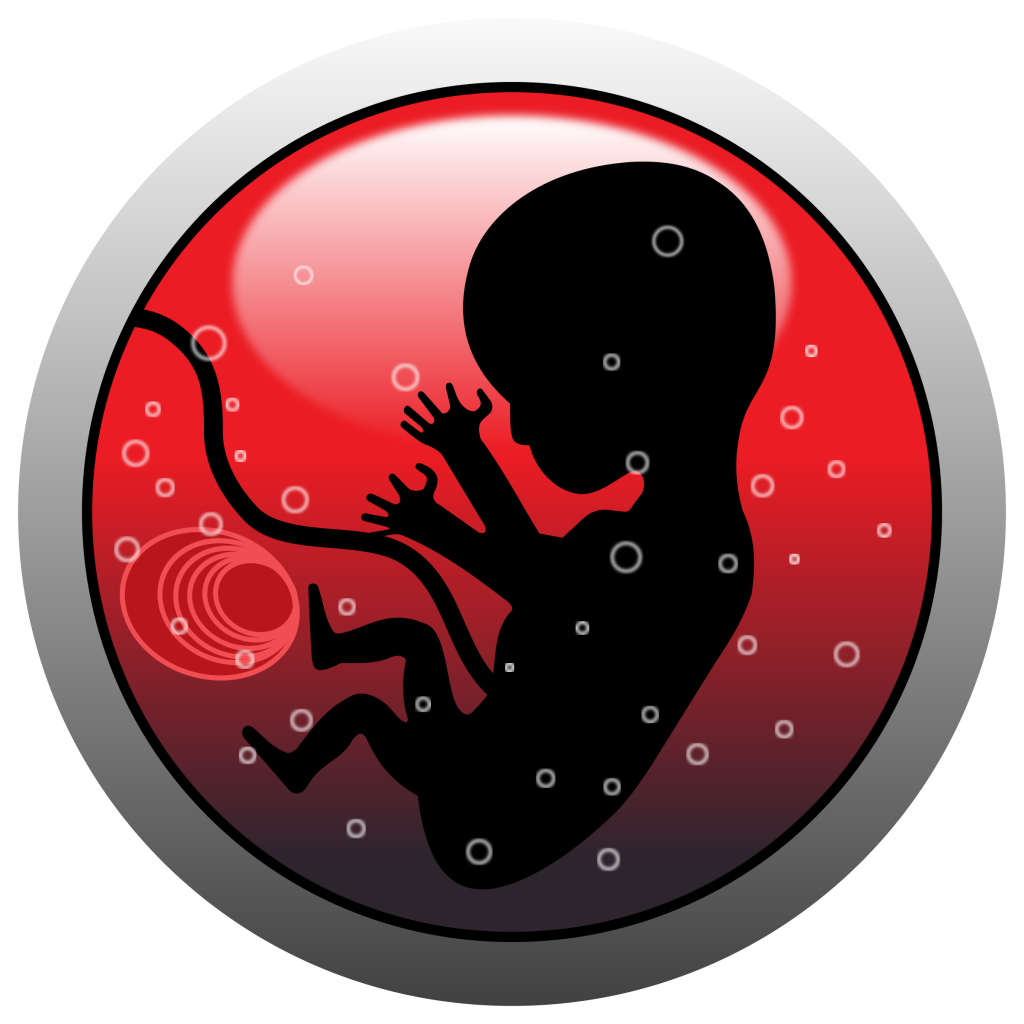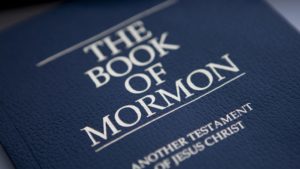HOW SHOULD WE VIEW MONEY?
“Wisdom is a shelter the same as money is a shelter, but the advantage of knowledge is this: Wisdom preserves those who have it.” (Eccl 7:12 NIV) Money certainly has some value. It is a protection, to an extent, and a gift from God also, in a way. Proper use of knowledge and wisdom is even more valuable, however. The folk saying ‘A fool and his money are soon parted’ certainly backs up this Bible proverb.
We need a balanced view of money. “Give me neither poverty nor riches, but give me only my daily bread. Otherwise, I may have too much and disown you and say, ‘Who is the LORD?’ Or I may become poor and steal, and so dishonor the name of my God.” (Pr 30:8-9) Both wealth and poverty have their potential pitfalls. A person is usually much better off to be somewhere in the middle. The problem with always desiring more? “Whoever loves money never has enough; whoever loves wealth is never satisfied with their income, this too is meaningless.” (Eccl 5:10 NIV) Such a person is never satisfied. The greater a person’s desire for money, the worse it gets. “For the love of money is a root of all kinds of evil.” (1 Tim 6:10 NIV) Even a rich person without an inordinate desire for more money usually has problems that “come with the territory,” so to speak. “The sleep of the laborer is sweet, whether they eat little or much, but as for the rich, their abundance permits them no sleep.” (Eccl 5:12 NIV) A rich person has a lot of material things to think and worry about, unlike the average person who doesn’t have so much to worry about.

 What scriptures in the Bible help us to get Almighty God’s viewpoint of abortion? The purpose of this article, and indeed this website, is not to get involved in any partisan politics, but to advocate for God’s Word, the Bible. As the late Billy Graham said late in life, he wished he’d stayed out of politics. Yet, the Bible is very “useful for . . . correction” (
What scriptures in the Bible help us to get Almighty God’s viewpoint of abortion? The purpose of this article, and indeed this website, is not to get involved in any partisan politics, but to advocate for God’s Word, the Bible. As the late Billy Graham said late in life, he wished he’d stayed out of politics. Yet, the Bible is very “useful for . . . correction” (




